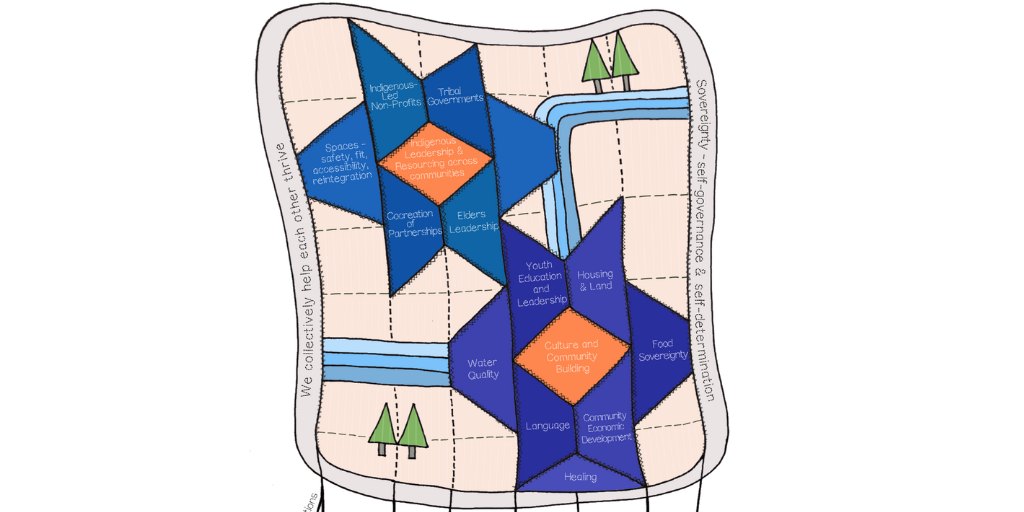 The part of the community change process that gets dropped most often is all that comes after the work is done. We host an event and then don’t do the debrief. We coordinate a year-long community of practice but don’t capture the way the meetings have impacted people. We convene neighbours for a community gathering and work day but don’t share how we did it and why people came.
The part of the community change process that gets dropped most often is all that comes after the work is done. We host an event and then don’t do the debrief. We coordinate a year-long community of practice but don’t capture the way the meetings have impacted people. We convene neighbours for a community gathering and work day but don’t share how we did it and why people came.
Sharing enables learning, and often feels like hard work. We go go go and quickly move onto the next thing. It may seem like a self-fulfilling task, but really, when we share it is more beneficial to the receiver than it is to the storyteller.
When we share our process, results and impacts it:
Inspires Others
We say, it can be done! Yes, it’s tough work. Hold in there and persevere.
Builds momentum
Long term initiatives need fuel to sustain and build momentum and sharing the results—even if the work is still in progress—is a quick way of doing that.
Provides a case study
When you share your work you become the case study for someone else. Hearing about your work may provide the reference or evidence someone else needs to move their own work forward.
Helps others to learn
Share both your successes and the things you’d do differently next time. Name them and own them. This case study from a poverty reduction collaborative in Halifax serves others by sharing both the things that went well and the pitfalls in their engagement journey.
Helps you to process your own learnings
Take the time to stop and process: What did work? I wonder why? What would I do differently next time? Documenting these and sharing them also holds you accountable to incremental improvements for next time.
Tips to make results-sharing easier:
Use a story sharing methodology as part of your evaluation
- Documenting the stories of the work and the impact people felt is a wonderful way to collect qualitative data.
- Use processes like Outcome Harvesting, an Outcomes Diary to make it easier.
Reduce the work required and make story capturing part of the process
- Instead of creating a separate process for gathering results (like creating a survey) and then sharing results (like writing a report), make the process of sharing results communal. Hearing directly from people is often more powerful than reading about it afterwards.
- In an event debrief, go around the room and have everyone share what worked and what didn’t work. Capture these insights to then share more widely.
- If you’re hosting a community of practice for example, consider starting each call with a different person sharing their results so far. Create space for others to offer guidance based on their own experiences.
- Use a format that is easy for you and your team by using a simple worksheet to capture debrief insights, or using a smartphone to film or record the discussion
Animate the results in accessible formats
- Communicate your results so it is easy and interesting for people to learn from. Consider formats like digital storytelling, video and infographics.
- Think bite-sized. How can you break down a report into smaller stories chunks? Consider micro-video content, Facebook Stories, or multiple tweets.
- Elevate the voice of the storyteller. It is impactful to hear a story directly from someone involved rather than second-hand.
We’re all teachers and we’re all students. Capturing and sharing our processes, results and impacts can seem like hard work, but it is work that in turn reaps many rewards.
Learn More:
- Use our new tool Capturing Results Worksheet to help reengage stakeholders and advance understanding in your community
- Read about Rockford's data walk on 3rd Grade Reading, a great example of a creative way to animate results. Interested in learning more, use our tool on how to create a data walk
- Read Tamarack's 2018 Progress and Impact Report for an example on how to share data and impact
- Learn more about Community Engagement at the upcoming Community Change Festival





